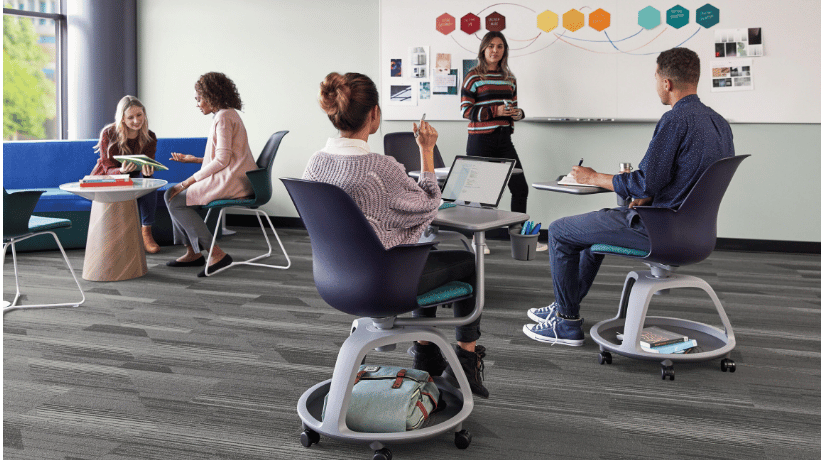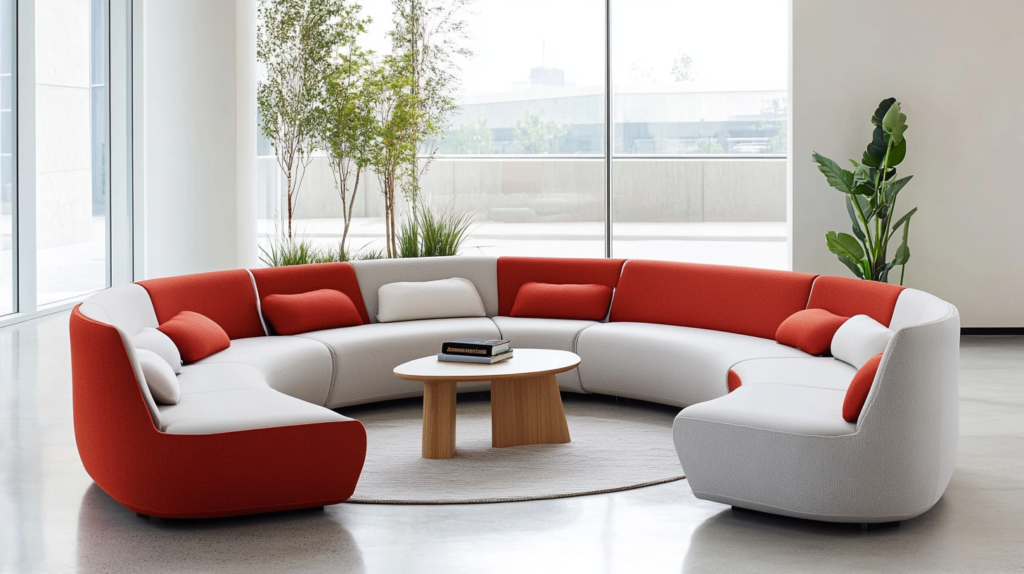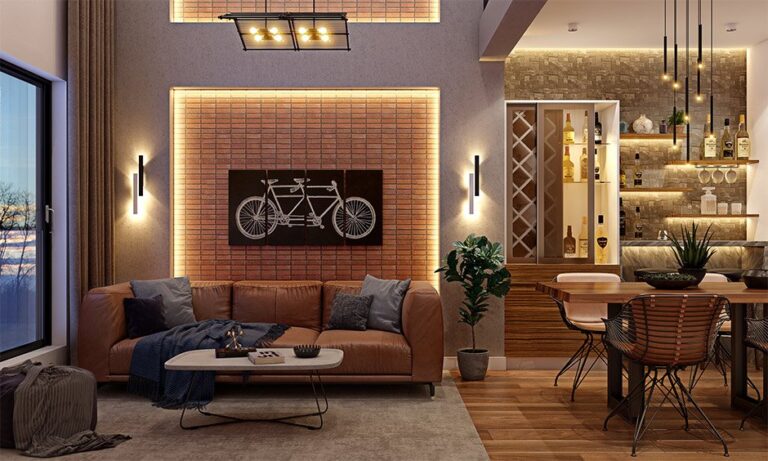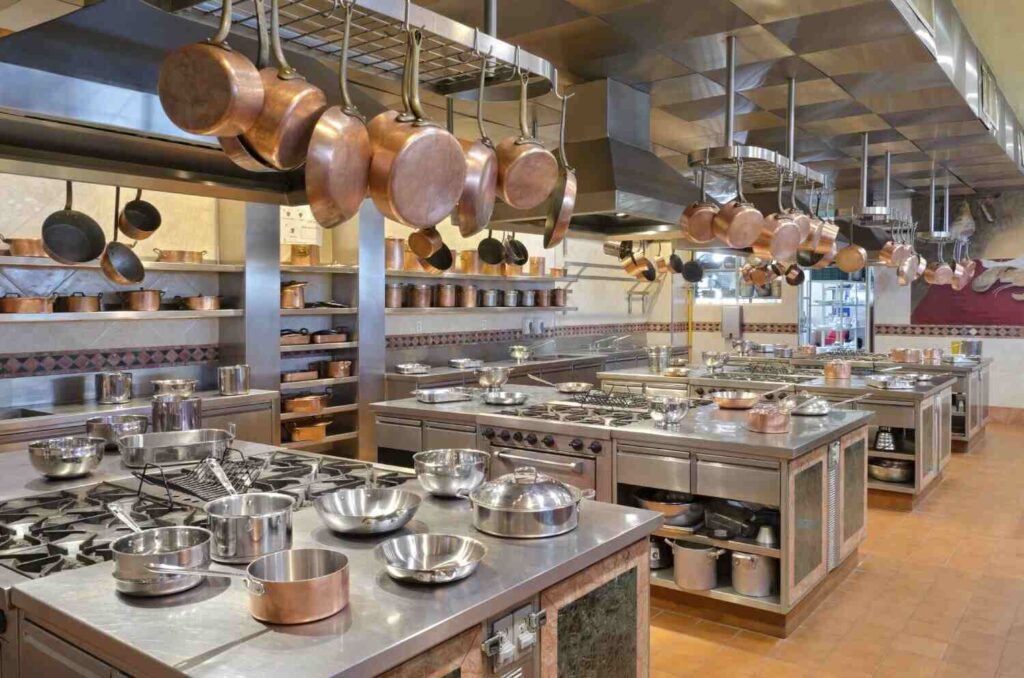Employee wellbeing is a critical factor in maintaining a productive and satisfied workforce. One often overlooked aspect of workplace wellness is furniture. The right furniture can positively impact employees’ physical health, mental wellbeing, and overall job satisfaction.
From ergonomic office chairs to collaborative workspaces, investing in high-quality commercial furniture can lead to improved efficiency, reduced absenteeism, and a more positive work environment.
The Role of Ergonomics in Workplace Wellbeing
One of the most important considerations in employee wellbeing is ergonomics. Poorly designed furniture can cause a range of health problems, including back pain, neck strain, and repetitive strain injuries.
Ergonomic chairs, sit-stand desks, and adjustable monitor stands help employees maintain proper posture, reducing discomfort and preventing long-term musculoskeletal issues. When employees feel physically comfortable, they are less likely to experience fatigue and more likely to stay focused and productive.
Encouraging Movement and Flexibility

Traditional office setups often encourage prolonged sitting, which has been linked to various health concerns, including obesity, heart disease, and diabetes. Modern commercial furniture solutions, such as height-adjustable desks and dynamic seating options like balance ball chairs or kneeling chairs, promote movement throughout the day.
Encouraging employees to alternate between sitting and standing can improve circulation, increase energy levels, and enhance concentration.
Creating a Collaborative Work Environment
The design and layout of an office influence teamwork and communication. Commercial furniture that facilitates collaboration—such as modular seating arrangements, shared workstations, and open-plan layouts—encourages idea sharing and strengthens team dynamics.
Breakout areas with comfortable seating give employees a space to brainstorm and engage in informal discussions, leading to increased creativity and innovation.
Reducing Stress with Thoughtful Design
A cluttered and disorganized workspace can contribute to stress and anxiety among employees. Investing in smart storage solutions, such as filing cabinets, desk organizers, and integrated shelving, helps maintain a clean and orderly environment.
Additionally, incorporating biophilic design elements—such as natural wood furniture, greenery, and natural lighting—has been shown to reduce stress levels and improve overall workplace morale.
Enhancing Employee Engagement and Job Satisfaction
Providing employees with high-quality, aesthetically pleasing furniture demonstrates a company’s commitment to their comfort and wellbeing. When employees feel valued, they are more likely to be engaged and satisfied with their jobs.
Comfortable lounge areas, well-equipped break rooms, and wellness spaces where employees can relax or recharge can significantly contribute to a positive workplace culture.
Boosting Productivity and Efficiency
Comfortable and well-designed workspaces allow employees to concentrate better and complete tasks more efficiently.
The right furniture can minimize distractions, reduce discomfort, and create an environment conducive to deep work. Investing in soundproof booths, ergonomic workstations, and designated quiet areas can further enhance productivity, especially in open office settings.
Sustainable and Eco-Friendly Furniture Choices
Sustainability is becoming an essential factor in office design. Choosing eco-friendly commercial furniture made from recycled or sustainably sourced materials not only reduces the company’s carbon footprint but also aligns with employees’ growing environmental consciousness.
A green office space can enhance employee morale and promote a culture of responsibility and sustainability.
Conclusion
Investing in the right commercial furniture is not just about aesthetics, it plays a significant role in enhancing employee wellbeing, engagement, and productivity. Ergonomic solutions, flexible workspaces, collaborative environments, and stress-reducing designs all contribute to a healthier and happier workforce. Companies that prioritize workplace comfort and functionality are more likely to retain top talent and foster a culture of success.


















